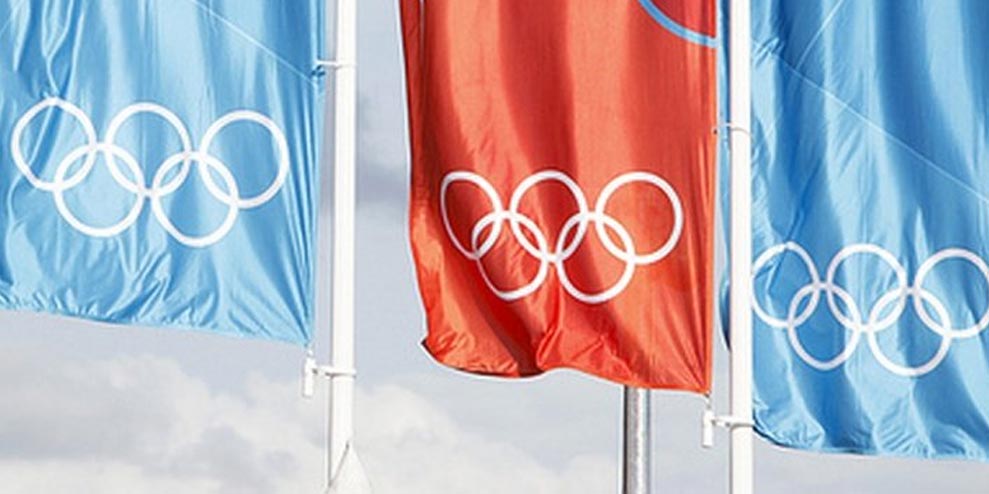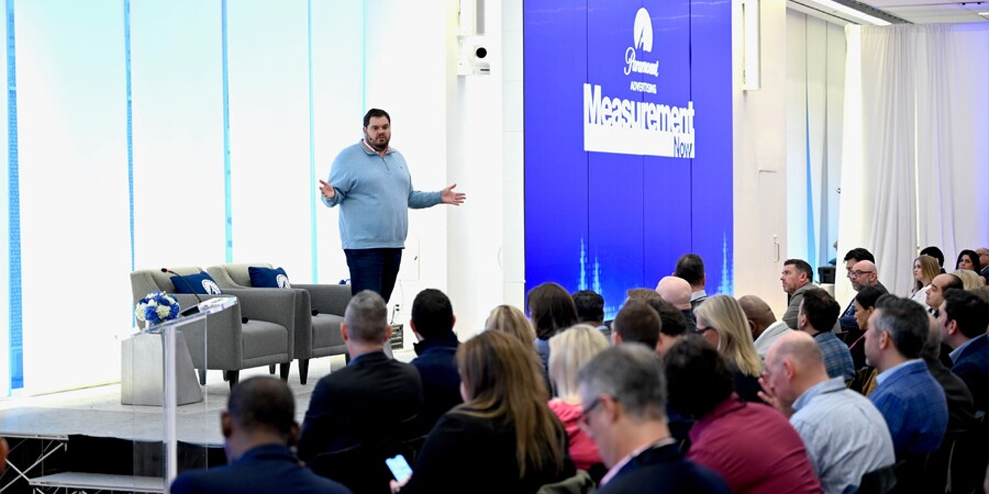Olympics postponement brings confusion to an already nervous ad industry
Dive Brief:
- The International Olympic Committee agreed to postpone the Tokyo Summer Games due to growing concerns about the coronavirus pandemic, IOC officials and leaders of Japan determined on a conference call today. The event was set to begin on July 24, but will be rescheduled for summer 2021. Officials agreed to keep the Olympic flame in Tokyo in the meantime and maintain the name Olympic and Paralympic Games Tokyo 2020.
- Despite insisting for months that the Games would occur as scheduled, Japanese officials said the postponement is necessary because of what the pandemic is “doing to people’s lives and the significant impact it is having on global athletes’ preparations,” as well as because the events could not be held in a “complete form.”
- The news comes just one day after Canada and Australia announced they would not send athletes to the games this summer.
Dive Insight:
While logistics of the situation are still being sorted out, the Olympic Games’ postponement marks a first since the modern games began in the 19th century. It’s now the biggest global event to be disrupted by the novel coronavirus that has sparked a pandemic and caused a slew of events and sports seasons to come to a halt.
The cancellation of such a major event is a huge hit for a number of organizations and industries, including the advertising business. NBCUniversal has already sold 90% of its inventory for a record $1.25 billion in national ad sales for the 2020 Olympics, up from $1.2 billion sold during the 2016 Summer Olympics, Ad Age reported. EMarketer last week lowered its global ad spend estimates to $20.3 billion less than previously forecast, though its estimated $691.7 billion — still up 7% for the year — included the Olympics. The researcher said its number would drop another $1.2 billion should the Olympics be called off.
Delaying the games to 2021 was the popular option leading up to Tuesday’s announcement, though it comes with its own headaches, including sponsorship agreements that will expire in 2020 and a conflict with track-and-field’s global championships, Bloomberg reported. It is currently unclear whether advertisers scheduled to air spots during this summer’s games will get refunds or roll their campaigns over to 2021.
The ad industry has already seen the cancellation of several major sporting events and seasons, severely affecting ad spend. The NBA, MLB and NHL have suspended operations this year, and the NCAA cancelled the popular March Madness college basketball tournament in order to avoid encouraging large gatherings. However, sports networks could still be required to pay the NBA for the rights to show the league’s games, even as their ad revenue declines. Disney-owned ESPN and AT&T’s Turner network spend a combined $2.7 billion a year to broadcast NBA games nationwide.
As store closures and city-wide shutdowns are affecting consumers across the country, advertisers are pivoting their strategies to try to recoup some of their lost business through online sales.
“We’ve never been through this type of GDP slowdown or crisis environment in this type of e-commerce market, with so much direct-to-consumer and so much focus on ordering and shipping,” Bruce Biegel, Winterberry Group’s senior managing partner, previously told Marketing Dive. “What happens if, all of a sudden, your commercial audience is going to be at home more? It doesn’t mean they don’t want to buy those things … they’re going to turn online.”
–
This article first appeared in www.marketingdive.com
Seeking to build and grow your brand using the force of consumer insight, strategic foresight, creative disruption and technology prowess? Talk to us at +9714 3867728 or mail: info@groupisd.com or visit www.groupisd.com



